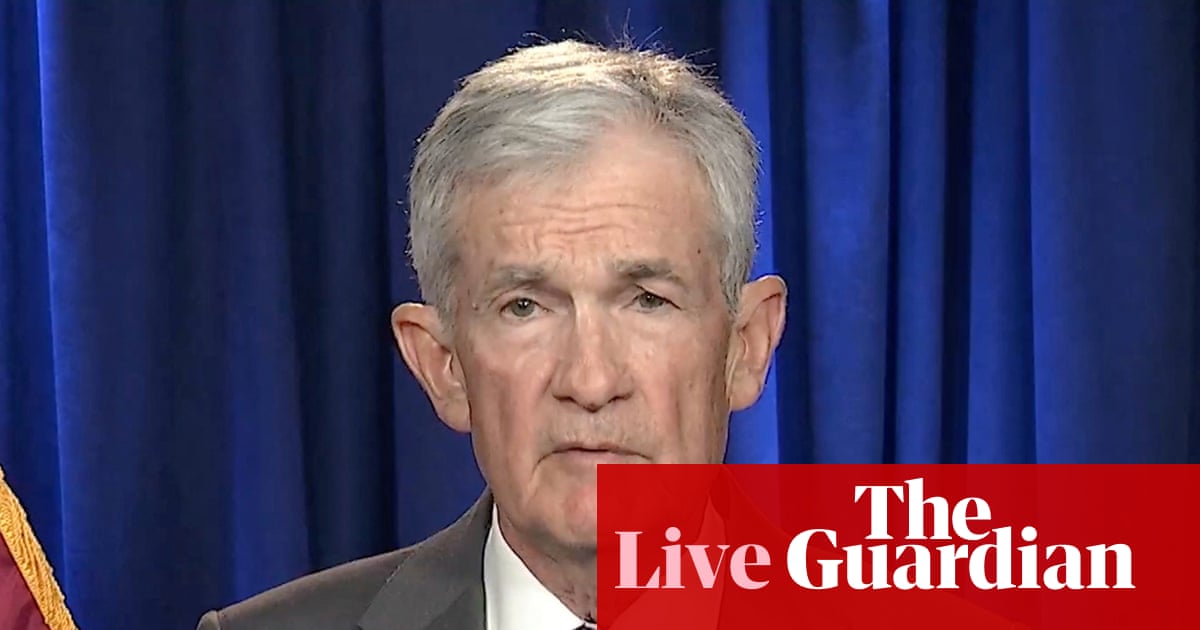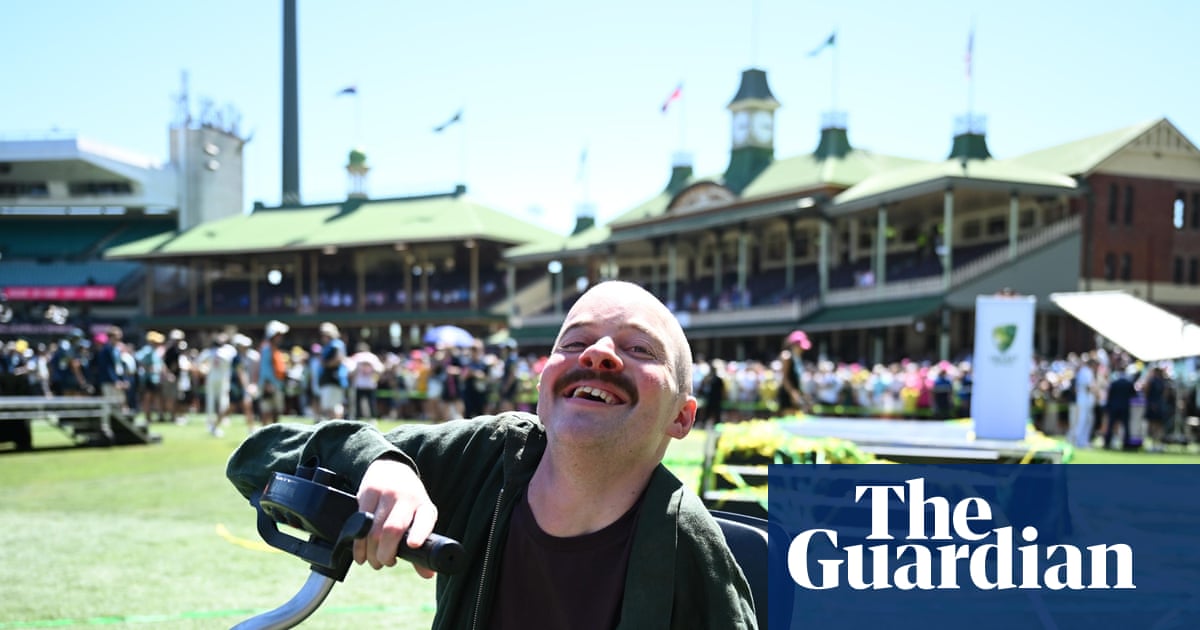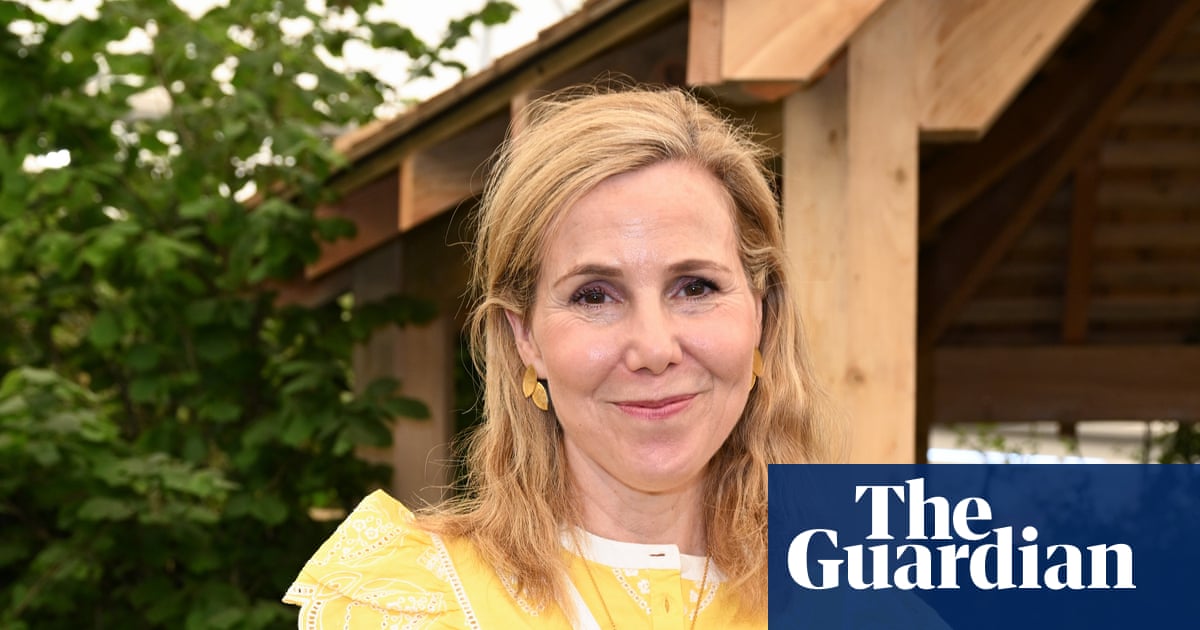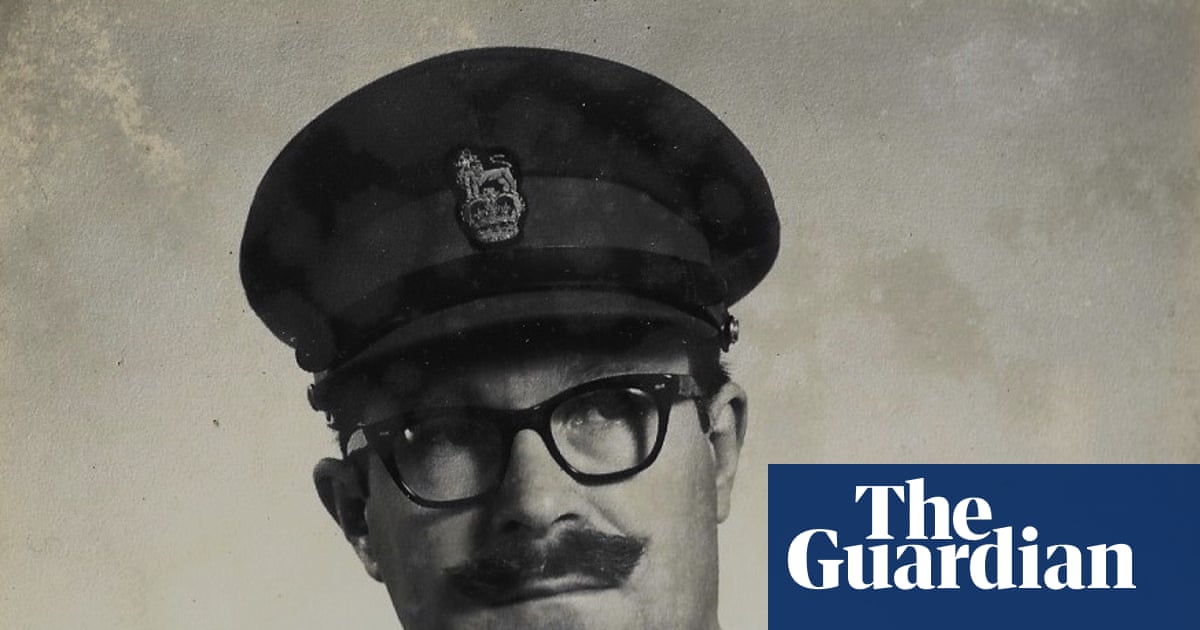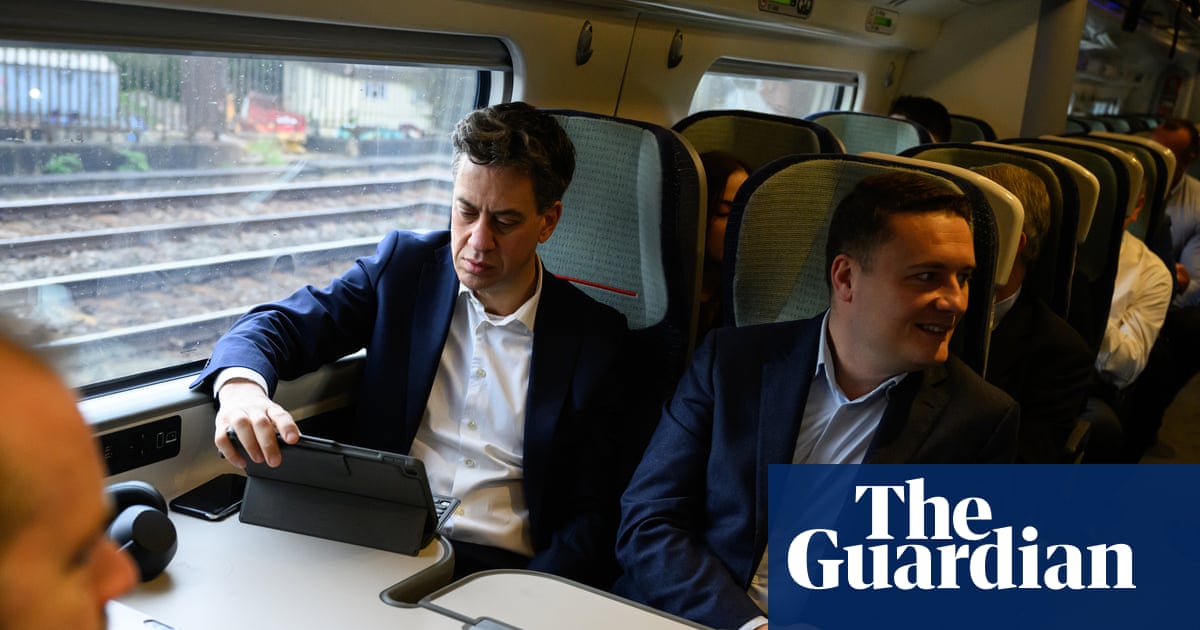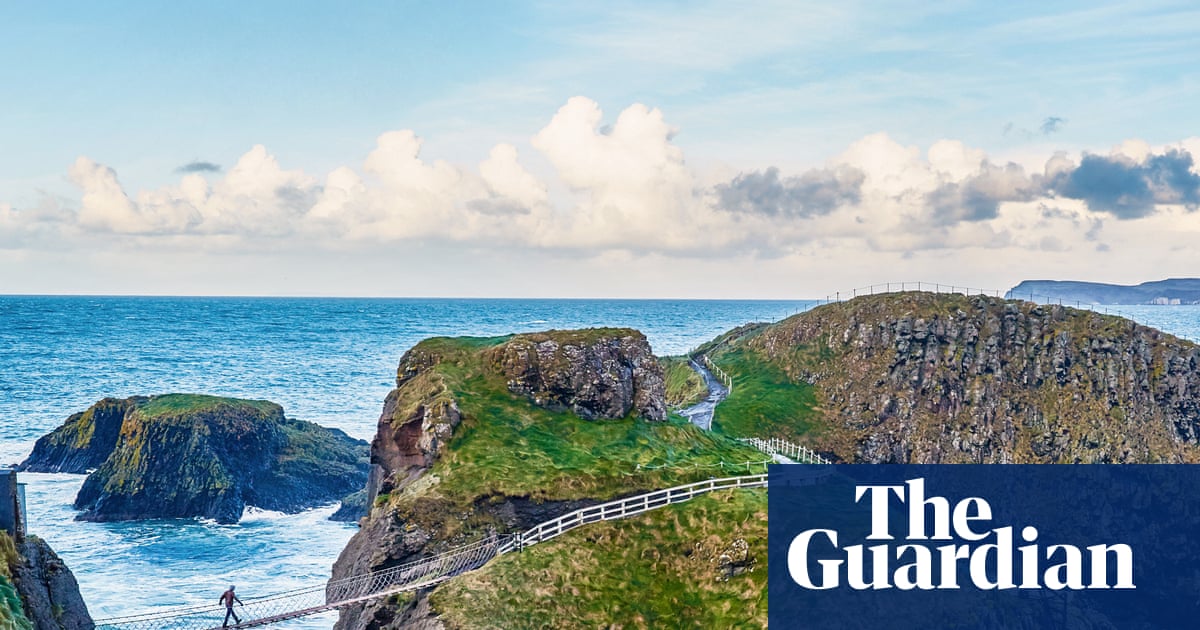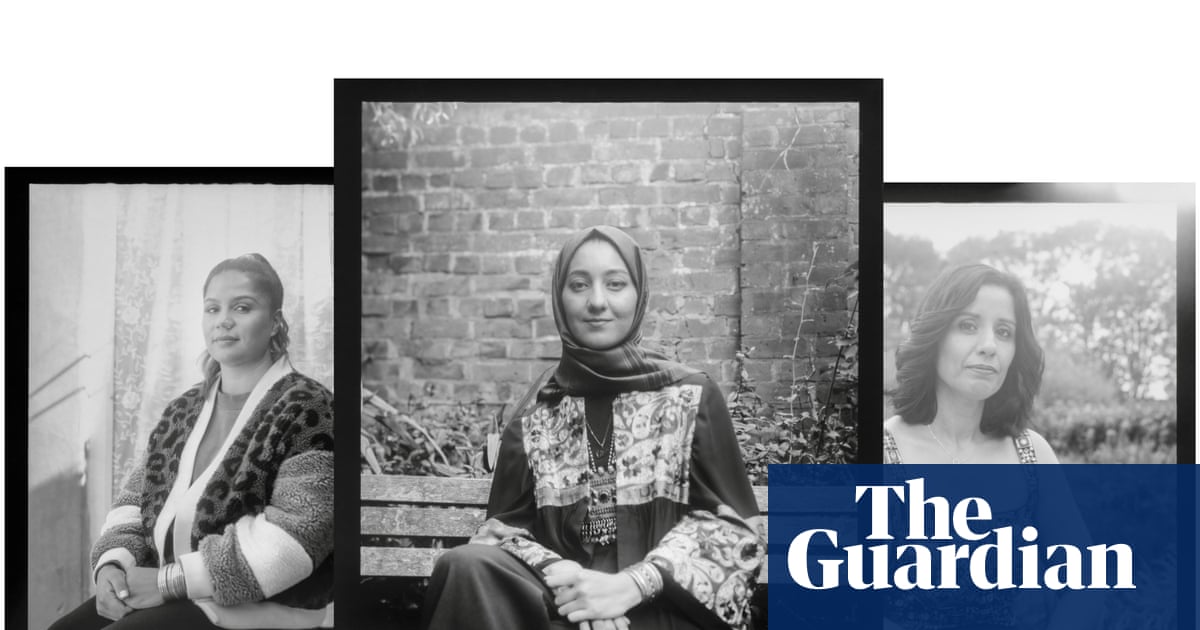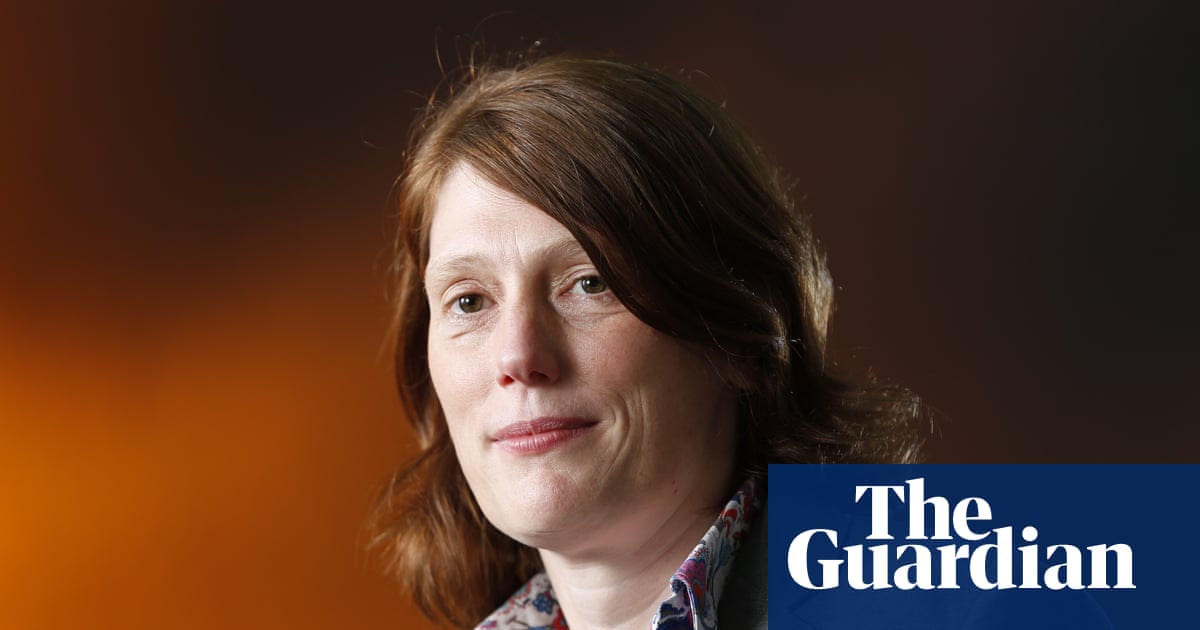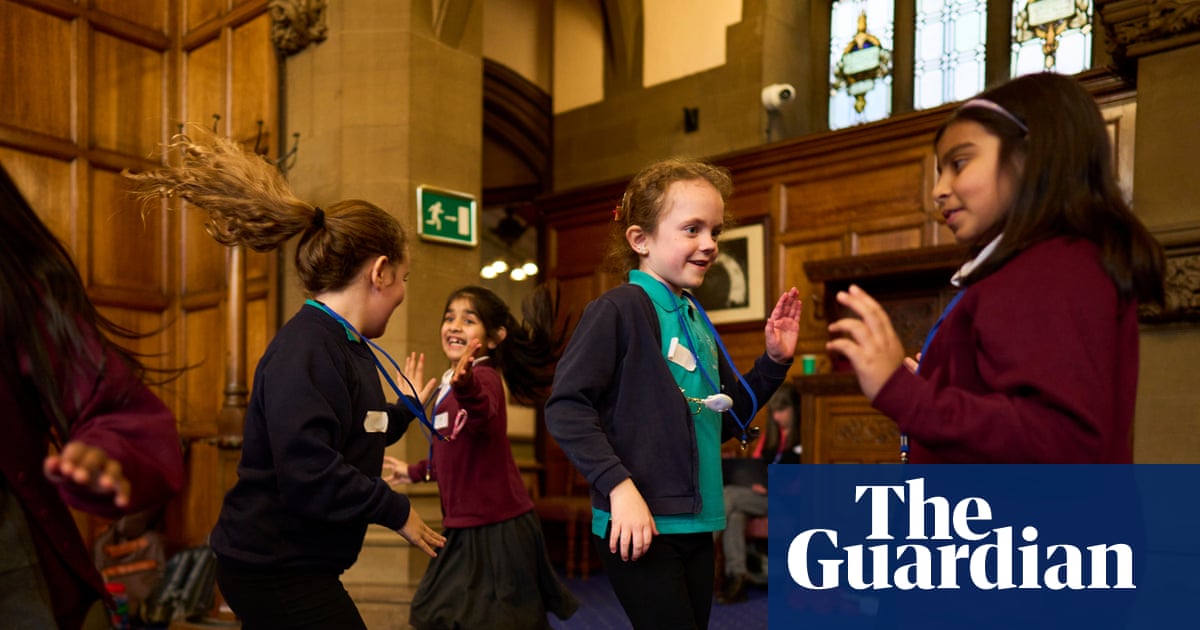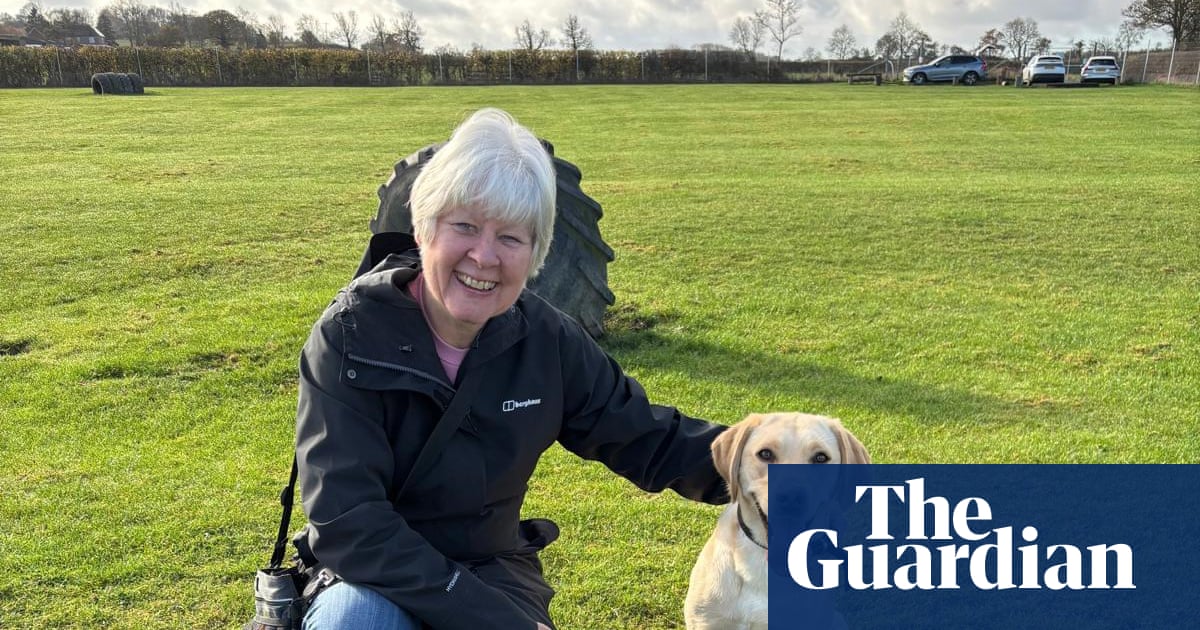Morning opening: Growing concerns about Russian provocations in eastern Europe

Jakub Krupa
The UN security council will meet today to discuss the widely condemend Russian fighter jets incursion into Estonian airspace on Friday.
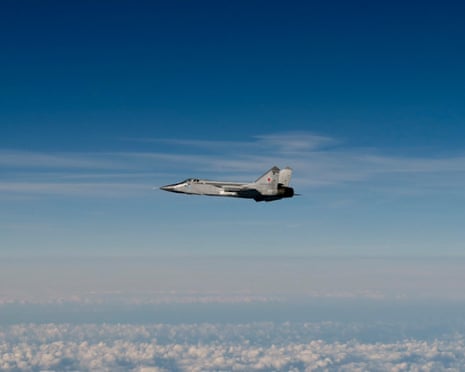
It will be the second time in 10 days that it meets to discuss Russia’s increasingly aggressive posture in the region, after Poland called the first meeting over Russian drones in its airspace.
“The issue is that Russia, a permanent member of the Security Council, has very blatantly violated the principle of territorial integrity, is behaving aggressively in the same way more broadly, and this is not a one-time incident,” Estonia’s foreign minister Margus Tsahkna told Postimees.
But over the weekend, another Russian aircraft was detected flying over the Baltic Sea without a flight plan, prompting a reaction from Nato allies, Germany and Sweden.
The incidents raised further questions about Russia’s plans for the region.
Posting on Facebook, Latvia’s president, Edgars Rinkėvičs, said there was a risk of “serious conflict” if Russia continued in the coming weeks to provoke Nato. European governments did not want a wider war but had no choice but to respond, he said.
Rinkėvičs added: “Russia is doing just enough to make it seem like it is not going too far. But, knowing both the logic of thinking in Russia and the frequent incompetence at various levels, this [a conflict] could happen. The responsibility will lie with the Kremlin.”
The Czech president, Petr Pavel, called on Nato to respond decisively to Russian aggression and to stay united. “Unfortunately, this is balancing on the brink of conflict, but giving in to evil is simply impossible,” he said.
Over the weekend, US president Donald Trump told reporters he “didn’t like” what happened in Estonia, but did not elaborate on the latest intelligence he received about the incident.
But asked by a Lithuanian reporter, he confirmed he “would” help defend the Baltics and Poland if they were attacked by Russia.
Let’s see what we hear at the UNSC meeting today.
Separately, a number of European countries moved to recognise the Palestinian state over the weekend, with the UK leading the pack, but also other countries, like Portugal, making the call. It’s France’s turn today, with Emmanuel Macron expected to make the announcement in late afternoon.
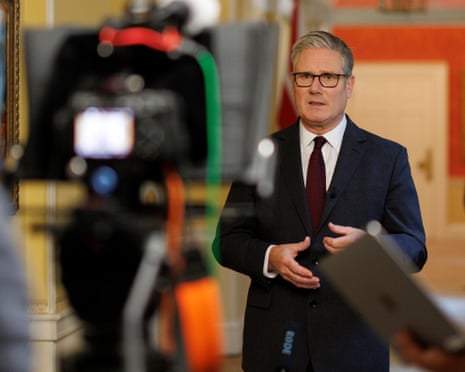
It will be a busy day, but I will bring you all the key updates here.
It’s Monday, 22 September 2025, it’s Jakub Krupa here, and this is Europe Live.
Good morning.
Key events Show key events only Please turn on JavaScript to use this feature
Nato ambassadors to meet for talks on Russian jets in Estonia on Tuesday
Separately, Nato ambassadors will meet to discuss the violation of Estonian airspace on Tuesday, AFP reported.
The meeting, convened after Estonia triggered the Article 4 procedure for emergency discussions, will give ambassadors a chance to discuss the alliance’s response to the incident.
Russian provocation in Estonia 'part of pattern of unacceptable behaviour,' Estonian diplomat says
Senior Estonian diplomat Jonatan Vseviov warned that last week’s Russian incursion was “part of a pattern of unacceptable behaviour, not an isolated event.”
“Recent weeks have seen repeated air and drone incidents in the region, all happening on the background of Russia’s illegal war of aggression in Ukraine.”
Vseviov, Estonia’s former ambassador to the US, also urged Europe to respond strongly, saying that “the fact of the incursion shows our previous messaging has not been clear or credible enough to change the reckless behaviour we face.”
“Our purpose is defensive clarity. If lines are blurred, they must be redrawn – decisively and together. That’s what we’ll aim to do in the coming days.”
On Monday, he went further telling Estonian media that it was necessary to make the consequences of the incident “sufficiently unpleasant consequences for Russia, so that it doesn’t come to this airspace next time.”
Morning opening: Growing concerns about Russian provocations in eastern Europe

Jakub Krupa
The UN security council will meet today to discuss the widely condemend Russian fighter jets incursion into Estonian airspace on Friday.

It will be the second time in 10 days that it meets to discuss Russia’s increasingly aggressive posture in the region, after Poland called the first meeting over Russian drones in its airspace.
“The issue is that Russia, a permanent member of the Security Council, has very blatantly violated the principle of territorial integrity, is behaving aggressively in the same way more broadly, and this is not a one-time incident,” Estonia’s foreign minister Margus Tsahkna told Postimees.
But over the weekend, another Russian aircraft was detected flying over the Baltic Sea without a flight plan, prompting a reaction from Nato allies, Germany and Sweden.
The incidents raised further questions about Russia’s plans for the region.
Posting on Facebook, Latvia’s president, Edgars Rinkėvičs, said there was a risk of “serious conflict” if Russia continued in the coming weeks to provoke Nato. European governments did not want a wider war but had no choice but to respond, he said.
Rinkėvičs added: “Russia is doing just enough to make it seem like it is not going too far. But, knowing both the logic of thinking in Russia and the frequent incompetence at various levels, this [a conflict] could happen. The responsibility will lie with the Kremlin.”
The Czech president, Petr Pavel, called on Nato to respond decisively to Russian aggression and to stay united. “Unfortunately, this is balancing on the brink of conflict, but giving in to evil is simply impossible,” he said.
Over the weekend, US president Donald Trump told reporters he “didn’t like” what happened in Estonia, but did not elaborate on the latest intelligence he received about the incident.
But asked by a Lithuanian reporter, he confirmed he “would” help defend the Baltics and Poland if they were attacked by Russia.
Let’s see what we hear at the UNSC meeting today.
Separately, a number of European countries moved to recognise the Palestinian state over the weekend, with the UK leading the pack, but also other countries, like Portugal, making the call. It’s France’s turn today, with Emmanuel Macron expected to make the announcement in late afternoon.

It will be a busy day, but I will bring you all the key updates here.
It’s Monday, 22 September 2025, it’s Jakub Krupa here, and this is Europe Live.
Good morning.

 3 months ago
98
3 months ago
98

